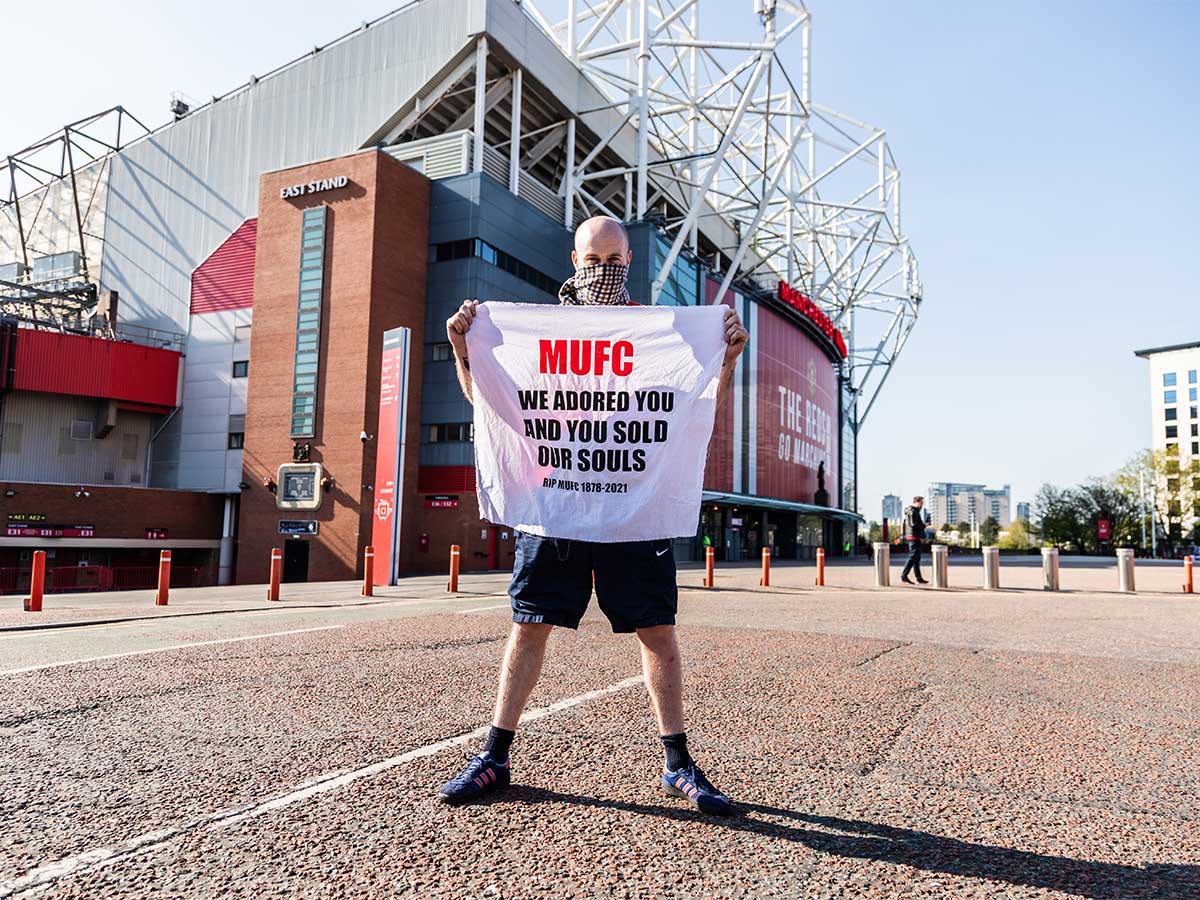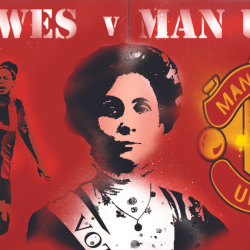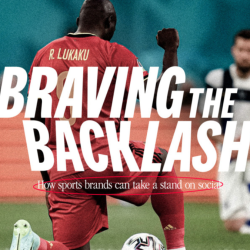Almost as soon as it was announced that 12 European football teams were breaking away from the Champions League to form their own European Super League, protests from fans prompted Manchester City and Chelsea to pull out, shortly followed by the other four English teams who had signed up. Football supporters, including those from the teams involved, were angry at the formation of a league from which the founders could not be relegated.
The ESL is now cancelled. The only question remains, what will UEFA do to punish the clubs involved?
The latest news there is the clubs will be punished but will be shown leniency. Angry fans had called for the twelve to either be banned from Europe or fined sufficient points to ensure they cannot compete in next year’s tournament. There were also calls for the teams to be banned from signing new players.
While it is not yet clear what UEFA means by leniency, UEFA’s quandary is that the Champions League needs these big clubs to draw large crowds and keep TV revenues high. A ban would effectively mean three out of the four semi-finalists in this year’s competition would not be playing next year.
The ESL would have been a broadcaster’s dream and, perhaps ironically, it is now TV considerations that will ensure the 12 clubs are unlikely to be banned but will almost certainly face multi-million Euro fines.
Featured image: Ryan Jenkinson / Shutterstock.com































